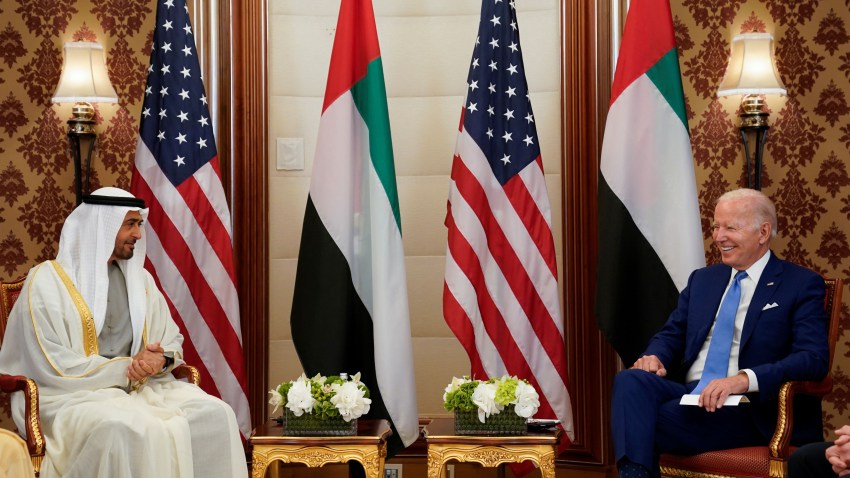Despite minimal payoff from U.S. President Joe Biden’s visit to the Middle East last summer, Washington has nonetheless scored some diplomatic wins over the past year. In October, the United States brokered a historic agreement that settled a years-long maritime border dispute between Israel and Lebanon. The Biden administration also built some momentum on efforts to promote regional integration with the creation of the Negev Forum—comprising Bahrain, Egypt, Israel, Morocco, the United Arab Emirates and the U.S.—as well as initiatives advancing defense cooperation between Israel and Washington’s Arab partners in the Middle East.
These steps signal movement toward Washington’s priorities in the region: Israel’s integration into the broader Middle East, the de-escalation of regional conflicts and a collective effort to contain Iran. But the gains Washington has made have now run into significant yet predictable headwinds, highlighting the difficulties facing Biden’s regional agenda.
First, consider Iran. Despite brutally quashing the inspiring women-led protest movement that emerged last September, Tehran has all but broken out of its regional and international isolation through normalization agreements with its Gulf Arab neighbors—first with the UAE, and then more significantly with its regional rival, Saudi Arabia. While Iran and Saudi Arabia had engaged in dialogues hosted by regional neighbors like Iraq and Oman for the past several years, the prominent Chinese role in pushing normalization across the finish line in March took many by surprise and fueled already widespread perceptions of declining U.S. relevance in regional affairs.

